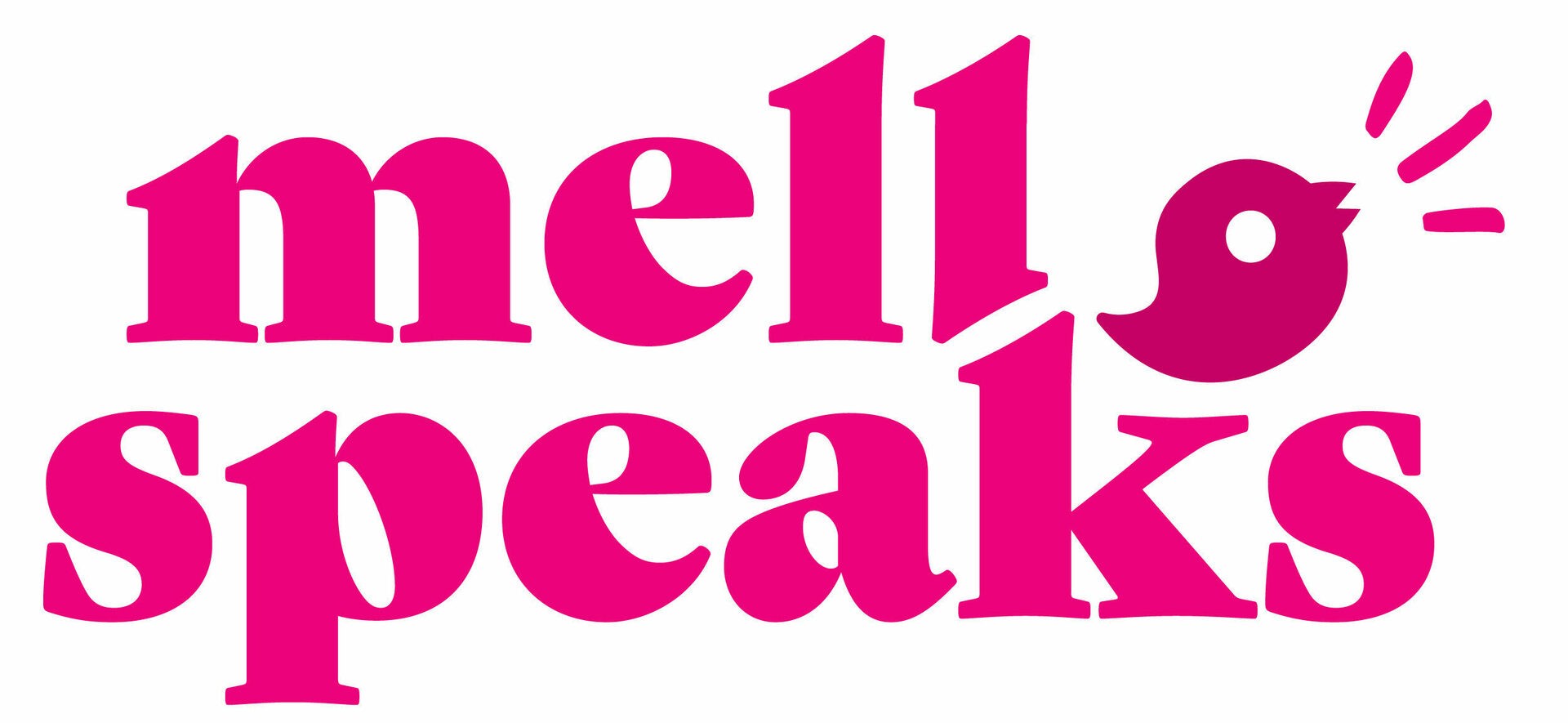Embrace Self-Doubt and Fuel Your Growth Instead
Let’s talk about a topic that’s been making the rounds lately: imposter syndrome.
I recently watched Reshma Saujani’s keynote speech, where she dropped some truth bombs about this so-called “syndrome.” And it got me thinking, and then I got mad – like furious.
Which made me think about it more and really consider how have we fallen for this?
So I want to talk about this syndrome that we’ve been brainwashed into believing is actually a thing. A syndrome that is not limited to, but is predominantly believed by women.
Let’s start with what is “Imposter Syndrome”?
Well, the original article, published in 1978, referred to ‘The Imposter Phenomenon in High Achieving Women…”. So it’s not actually a syndrome.
But, if we insist on calling it a syndrome, it is widely recognised as “the persistent inability to believe that one’s success is deserved or has been legitimately achieved as a result of one’s own efforts or skills.”
In other words, it’s that nagging feeling that you’re not good enough, that you’re a fraud, and any moment now, everyone will find out.
To put it even more simply – it is self-doubt!
We all have self-doubt.
We’ve all been there, right?
That sinking sensation of feeling like you don’t belong, or feeling like you still haven’t done enough to get where you are. That fear of ‘being found out.’
“What if someone realises….”
And we’ve been told this feeling, these thoughts are imposter syndrome. And so we believe it’s a real thing, a psychological roadblock, that is holding us back.
But what if I told you it’s just a bunch of bullsh*t?
Reshma hit the nail on the head when she compared imposter syndrome to “Bicycle Face.”
For those of you scratching your heads, Bicycle Face was a supposed medical condition in the 19th century that claimed women’s facial expressions would permanently deform if they dared to ride bicycles.
Ridiculous, right?
Well, in the same way, imposter syndrome is like an old wives’ tale. It’s a label that’s been slapped on normal self-doubt, blowing it out of proportion.
Self-doubt is normal
Here’s the thing: self-doubt is normal and we need it.
It helps keep us humble and motivated. It forces us to reflect and take stock of our situations. It helps us evaluate and adjust our expectations.
It’s how we learn, adapt, and grow.
If you’re never second-guessing your choices or abilities, you’re probably not pushing your boundaries. It’s the discomfort of uncertainty that forces us to seek knowledge, to improve, and to become better versions of ourselves.
So why are we trying to label this normal process as a “syndrome”?
Instead of berating ourselves for experiencing imposter syndrome, we should celebrate the fact that we care enough to question ourselves. It’s a sign of ambition, of wanting to excel, of striving for excellence.
Think about it: if you never questioned your skills, would you be as motivated to learn and improve?
Probably not.
Reshma’s keynote hit home with me because it’s time to put an end to this imposter syndrome nonsense and start appreciating the power of self-doubt.
Turning doubt into a positive
It’s time to normalise self-doubt, embrace it, and turn it into something positive and productive.
Remember, even the most accomplished people have moments of doubt. Self-doubt is normal and real.
“Imposter syndrome” isn’t a syndrome. It’s just self-doubt renamed as something more sinister to make us feel like failures.
The difference between thinking that self-doubt is a syndrome that you can be cured of and knowing that self-doubt is normal lies in how we channel that doubt.
So, how do you turn that natural, normal self-doubt into a positive and channel it for good rather than soul destroying evil.
Step 1. The next time you feel that familiar tug of self-doubt, don’t label it as imposter syndrome.
Step 2. Call imposter syndrome for the bullsh!t it is. Instead acknowledge your self-doubt as a sign that you’re on the path of growth.
Step 3. Accept that no-one knows everything AND no-one knows what you know. No-one else has lived your life. So what you know is unique and it is worth sharing with others.
Step 4. Embrace the discomfort of self-doubt. Continue to seek knowledge, ask questions, be curious. Explore. Continue to learn, acknowledge what you do know and embrace the unknown.
Step 5. Go forth and be your awesome self.
These steps won’t get rid of your self doubt – and that’s a good thing. Because without self-doubt we become arrogant and egotistical – and that’s no good for anyone.
Or worse, we risk becoming complacent. And when we’re complacent, we don’t push ourselves – we don’t even try and we miss out on soooooo many opportunities because of that.
By seeing self-doubt as a positive rather than a negative, we can turn “imposter syndrome” into something powerful and productive: taking action!
Rejecting imposter syndrome
So, if you feel the grip of imposter syndrome taking hold, just remember:
- Imposter Syndrome is not real and it’s time to reject it
- Self-doubt is natural but holding yourself back because of it isn’t
I’ve always been about pushing boundaries, exploring new horizons, doing things differently, and defining your own success.
In the end, it’s not about eliminating self-doubt; it’s about transforming it into a tool for success.
So, can we please stop with the imposter syndrome bullsh*t and start valuing the journey of becoming the best versions of ourselves?
Stay curious, ask questions, embrace your self-doubt and keep reaching for whatever success looks like for you.

